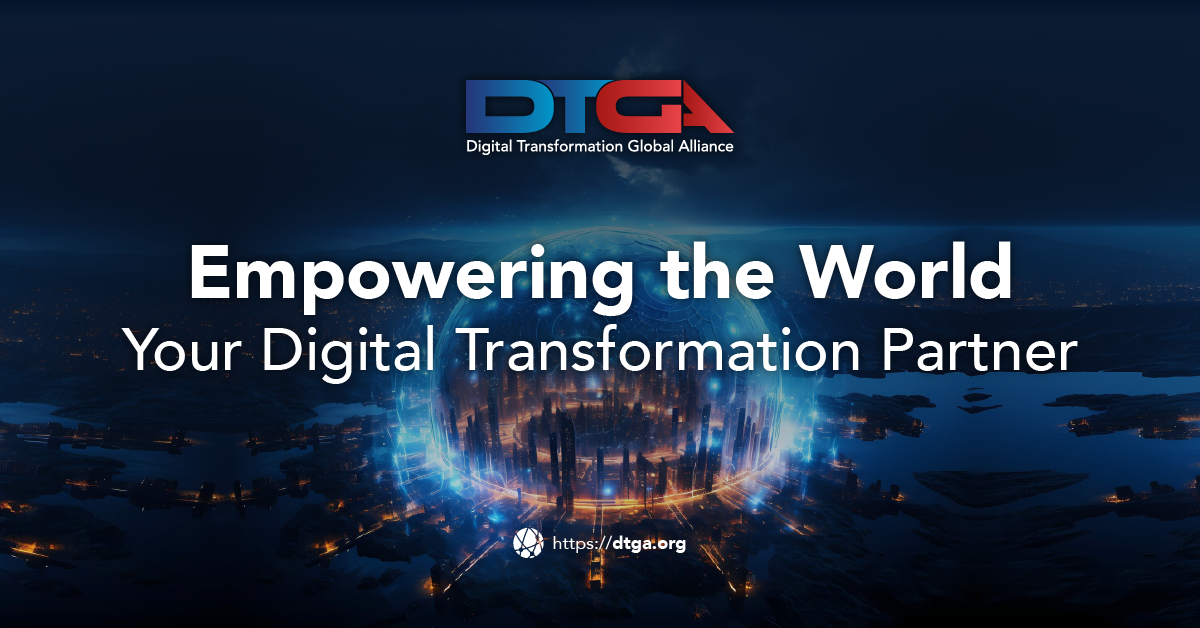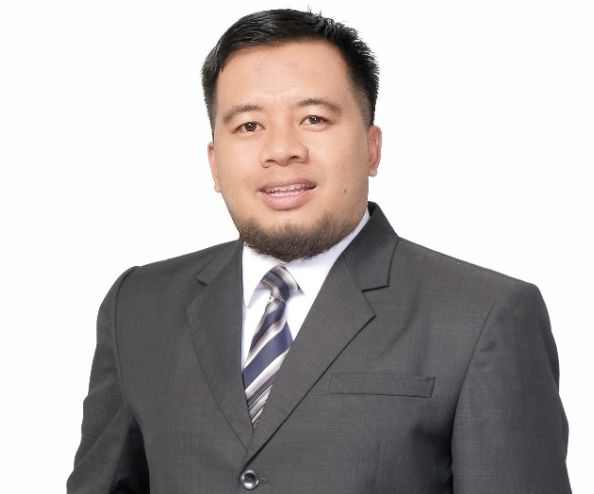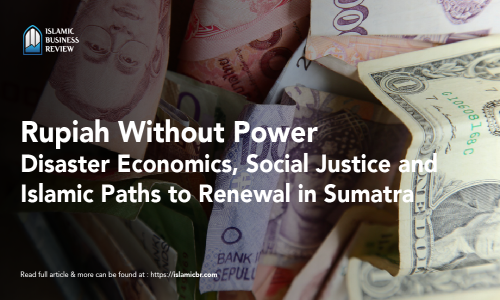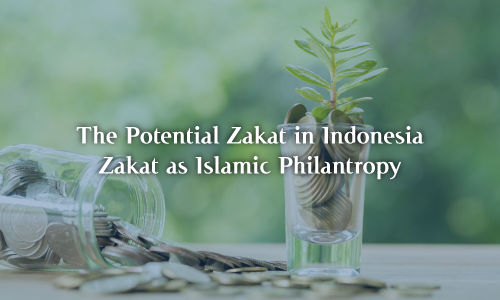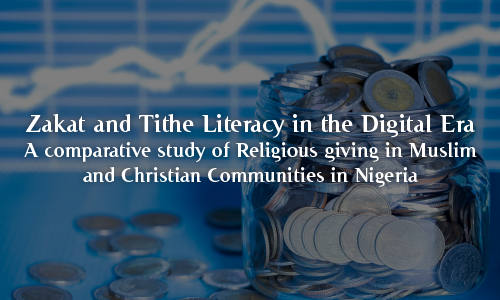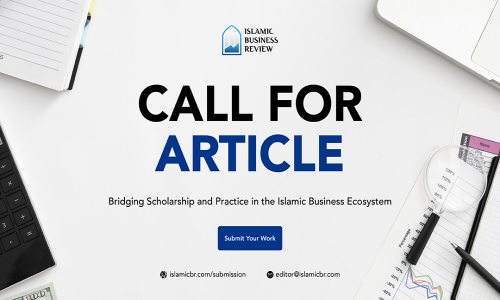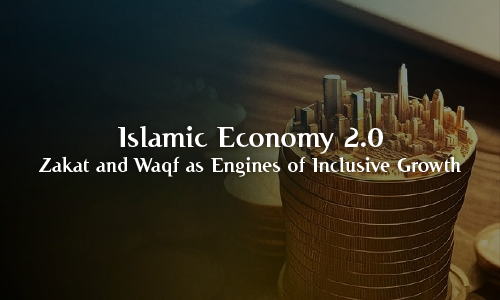
Summary: This article analyses Indonesia’s Islamic economy agenda as articulated in the President’s budget address, organizing the discussion around four pillars: (i) global competitiveness and the halal real sector, (ii) certification and ecosystem “plumbing,” (iii) Islamic finance and social instruments, and (iv) policy direction. Internationally, Indonesia maintains a top-tier standing in the State of the Global Islamic Economy 2024/25, with modest fashion advancing to the leading global position. Domestically, the state accelerates halal ecosystem readiness through mass certification, surpassing 6.5 million certified products by mid-2025, with substantial facilitation for micro and small enterprises, a growing cadre of certified halal supervisors, and expanding mutual recognition arrangements. Parallel efforts include the roll-out of Halal Industrial Zones as the nucleus of a “global halal hub.” On the financial side, total Islamic financial assets reached approximately IDR 10,357.9 trillion by May 2025, while social instruments deepened, with zakat–infak–sedekah collections of about IDR 40.53 trillion in 2024 and a multi-year push toward productive, digitally enabled waqf. The policy backbone is deliberately digital: the Government Service Interconnection System (SPLP) for inter-agency data exchange and the National Data Center (PDN) for secure consolidation underpin standardized certification, traceability, and export processes. A two-horizon roadmap is proposed, near-term institutional operating procedures, minimal-viable SPLP integrations, security hardening, data-quality governance, and “quick-win” services; and medium-term institutionalization of halal registries as public data infrastructure, scaled cross-domain integrations, multi-site data-center resilience, micro-credentials for talent, sectoral data marts, and public performance dashboards. Overall, the agenda frames the Islamic economy as a lever for inclusive growth by coupling standards and scale with digital integration, financing depth, and transparent performance management.
Introduction: Indonesia’s policy narrative elevates the Islamic economy
Indonesia’s policy narrative elevates the Islamic economy from a niche market to a structural pillar of growth. The President’s budget address explicitly positions halal industry development, Islamic finance, and social instruments as mutually reinforcing components of an inclusive growth strategy. The underlying logic is straightforward: competitiveness in global halal value chains, combined with robust institutional plumbing and adequate financing, can expand employment, lift micro and small enterprises…


